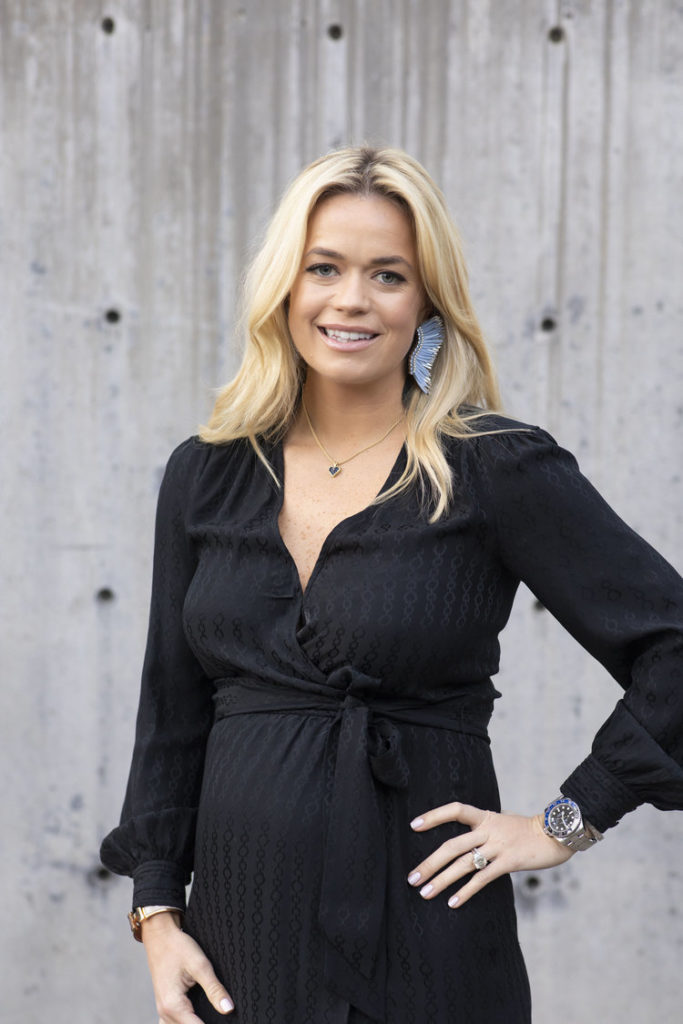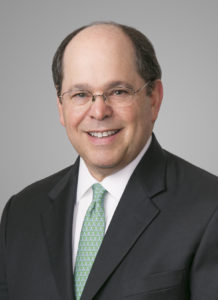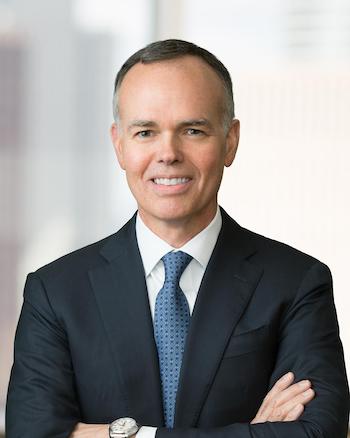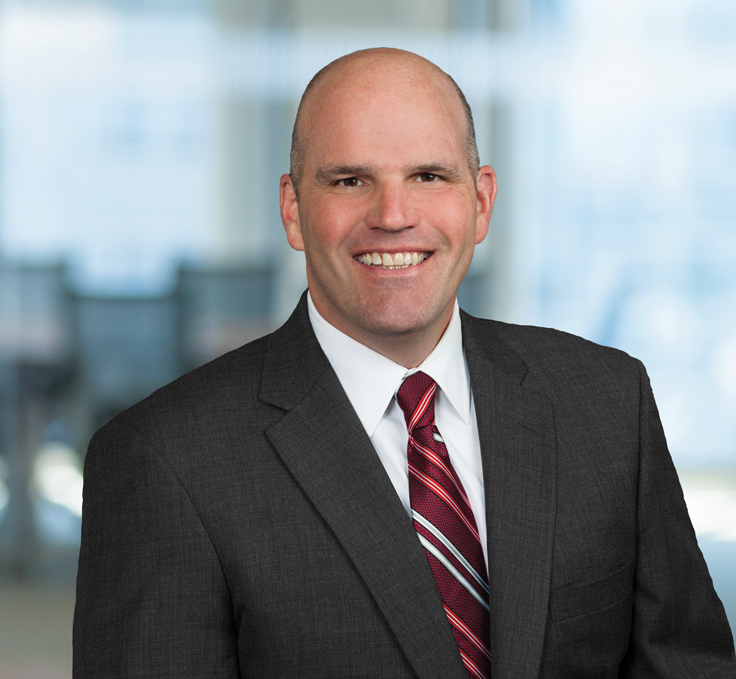The market for corporate lawyers in Texas has never been this hot or intense – not back in the technology boom of the late 1990s or even during the shale explosion of the past decade.
Texas businesses have so much legal work for their lawyers right now that law firms are stretched thin and fear their attorneys are being overworked and in danger of burnout.
Leaders at more than two-dozen corporate law firms interviewed by The Texas Lawbook each say they need hire more attorneys – in some cases, a couple dozen – to handle the mergers, acquisitions, capital markets, real estate deals and complex commercial disputes facing their clients, but that they face a major roadblock.
There just aren’t enough lawyers in Texas.
Not enough qualified and experienced business attorneys, anyway.

“For the past several months, nearly all our clients have approached us with multiple needs within multiple practice areas,” said Amanda Pickering, a legal recruiter at Amicus Search Group. “There are not enough lawyers to fill the open spots. The talent pool is not growing fast enough.”
The result, according to legal industry insiders, is that law firms are working their lawyers day and night to keep up with client demands and fear that their attorneys could suffer from burnout.
That has led to a complete seller’s market for experienced corporate lawyers in which nearly all Texas law firms have increased associate salaries to the point that first-year lawyers straight out of law school and who have no idea even where the courthouse is now make a base salary of $205,000.
Some richer law firms have offered six-digit signing bonuses. To counter, many firms in Texas have paid their associates multiple midyear bonuses ranging from $12,000 for first-year lawyers to $75,000 for more experienced associates in efforts to retain them. That is in addition to the annual year-end bonuses, which can range from $20,000 to $125,000.
In 2021, associates at the larger corporate law firms who have eight years of experience – which is the year before they are usually up for partner – will be taking home about $500,000.
“It is across the Texas legal market – from smaller corporate firms to Big Law – everybody is scrambling to find associates to do the work that is coming in,” said Robert Croyle, who is managing partner of the Houston office of legal executive search firm Major, Lindsey & Africa.
“These law firms are incredibly busy, and they don’t have the lawyers to do the work,” Croyle said. “There are only so many lawyers in Texas who are recruitable.”
Managing partners of law firms in Texas say the lawyer shortage is caused by businesses swamping them with new work projects.

“We have hired a dozen lawyers the past few months and we have a dozen new lawyers starting this next week and we need several more right away,” said Kevin Lewis, co-managing partner of the Houston office of Sidley Austin. “Between 1998 and 2000, tech was going crazy keeping us all busy. Now, it is every practice group. I have never seen anything like this.”
“We are injecting a couple trillion dollars into the economy and interest rates remain near to nothing,” Lewis said. “Every company is either performing very well or companies that have struggled have the opportunity to reform themselves and turn things around.”
“It is a recipe for everyone [staying] busy all the time,” he said.
Corporate law firm leaders – from huge global operations such as Sidley, Kirkland & Ellis and Latham & Watkins to smaller regional firms such as Houston-based Porter Hedges and Dallas-based Munsch Hardt – told The Lawbook that their Texas lawyers have seen an increase in demand – the actual number of hours worked and billed to clients – of anywhere from 8% to five times that from the same period a year ago.
A recent Texas Lawbook survey of the top 25 highest generating law firms in Texas found that all of them have recorded higher revenues in 2021 than last year.

“It is just crazy busy right now,” said Keith Fullenweider, who is the incoming chair at Vinson & Elkins in Houston. “We have hired 20 transaction lawyers in Texas so far this year, and we need to hire people. We have practices in which the number of hours our lawyers have worked for clients is up 40%.”
Travis Wofford, who is vice chair of the global M&A practice at crosstown rival Baker Botts, said the Houston-headquartered firm saw a 24% increase in new clients between January and the end of July.
“There is an economic transition taking place in Texas, and law firms are front and center and are going to have to meet the demand,” Wofford said. “It has been insane. We are doing deals at a near record pace.”
Now, those corporate law firms that are generating the new business and heading toward what will likely be the most profitable year ever are desperate for more lawyers.
“As of [last] Monday, we have added 25 lawyers solely because of the work demand by clients,” Munsch Hardt CEO Phil Appenzeller said. “It has been so busy, and we were concerned we were going to have burnout of some of our lawyers. It shows no sign of slowing down.”

“Courts that were shut down or significantly slowed down because of the pandemic are now back open and trying to catch up to the backlog,” Appenzeller said.
On the litigation side, disputes involving February’s Winter Storm Uri have led energy companies – large and small – to hire dozens of law firms. For example, the Electric Reliability Council of Texas (ERCOT) has hired the Dallas law firm Winstead to represent the organization against lawsuits and Munsch Hardt to advise it on matters in bankruptcy court, such as the Brazos Electric Power Cooperative, which filed for bankruptcy in March.
All of this complex legal work means law firms need more experienced lawyers. That is where the shortage of attorneys with experience surfaces.
Texas Lawbook data collected from law firms during the past eight years shows that the number of lawyers working at the 50 largest corporate firms in Texas has grown by only 1% per year. The exception was 2019, when The Texas Lawbook 50 saw headcount increase by 3%.
The number of corporate law firms has increased significantly, as law firms from New York, Chicago, Los Angeles and other cities open shop in Texas. O’Melveny is the most recent example. But they have mostly hired lawyers from the existing law firms and seldom bring in attorneys from their non-Texas offices.
The Texas legal hiring market is musical chairs in reverse. The number of players remain the same, but chairs keep being added. The law firms – which in the game scenario are the chairs – have to keep paying the players more to sit in their chairs.
“It is total supply and demand issue,” Croyle said. “Law firms have to get creative.”
And some law firms have gotten resourceful.
Kirkland, the Chicago-founded law firm that only opened in Houston in 2014 and now has more than 300 lawyers operating in Texas, has been by far the most aggressive law firm in hiring attorneys away from competitors. Kirkland announced in April that it was opening an office in Austin for one reason: to expand the pool of lawyers they can recruit and hire. That includes those currently practicing law and or in law school at the University of Texas.
O’Melveny & Myers and Latham have since followed Kirkland’s lead, opening offices in Austin.
A handful of law firms have addressed the lawyer shortage by relocating current associates and partners from New York and California. Other firms are aggressively seeking to hire lawyers from competitor firms in other cities.
“As was the case early in the year, the steady flow of interested candidates from the coasts has only increased,” Pickering said. “Increasingly, we are witnessing an influx of lawyers with no obvious Texas connection, reflecting the superior market conditions and perceived better quality of life in Texas.
“While we remain focused on lawyers relocating from the major markets, we are also assisting lawyers from regional markets – particularly those in the most coveted practice areas – in moving to Texas,” she said.
